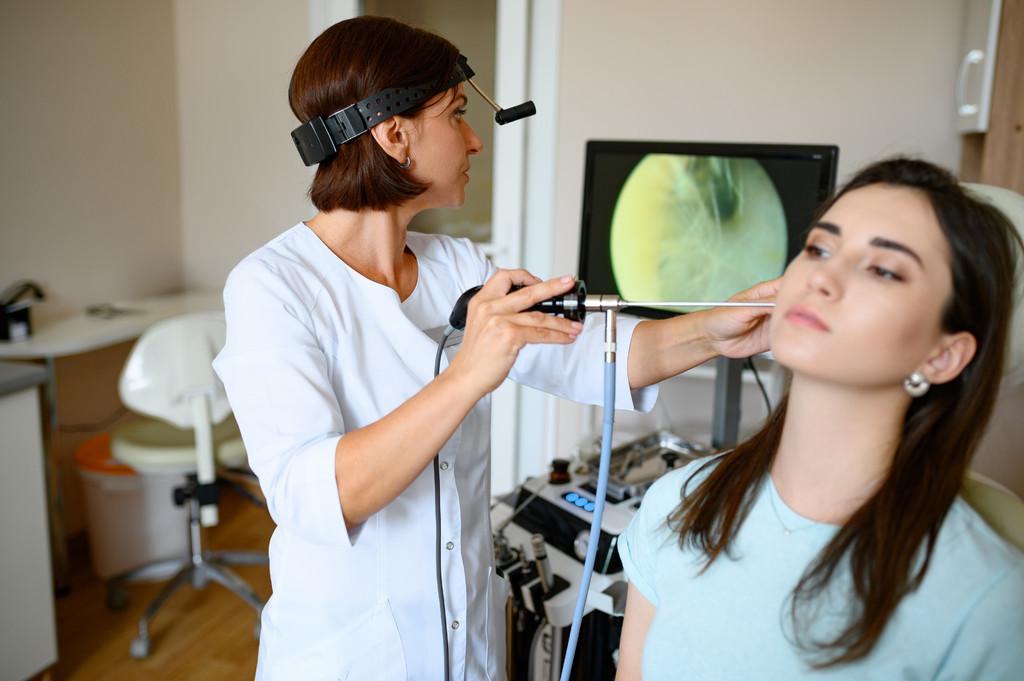Tinnitus, often described as ringing, buzzing, or hissing in the ears, is a condition that can affect anyone regardless of age or background. While tinnitus itself is a symptom rather than a disease, it can be triggered or worsened by a variety of factors. Understanding the common causes of tinnitus is important for prevention and management. By recognizing potential contributors, individuals can take proactive steps to protect their hearing and reduce the risk of developing persistent ear ringing. The following are ten common factors that are frequently associated with the onset or exacerbation of tinnitus.

1. Prolonged Exposure to Loud Noise
Extended exposure to loud sounds, such as concerts, machinery, or personal audio devices at high volume, can damage the sensitive hair cells in the inner ear, often leading to tinnitus.
2. Hearing Loss
Age-related or sensorineural hearing loss can disrupt the auditory system’s normal processing, sometimes resulting in tinnitus as a compensatory effect in the brain.
3. Earwax Buildup
Excessive earwax can block the ear canal, creating pressure changes and irritation that may trigger temporary tinnitus.
4. Ear Infections or Inflammation
Infections in the ear canal or middle ear, as well as inflammatory conditions, can interfere with normal ear function and contribute to ringing or buzzing sounds.
5. Certain Medications
Some medications, such as high doses of antibiotics, chemotherapy agents, or nonsteroidal anti-inflammatory drugs (NSAIDs), may have side effects that include tinnitus.
6. High Blood Pressure and Circulatory Issues
Elevated blood pressure or changes in blood flow can create pulsatile sounds in the ears, sometimes perceived as ringing or throbbing tinnitus.
7. Stress and Anxiety
Psychological stress does not directly cause tinnitus but can increase sensitivity to internal auditory signals and exacerbate the perception of ringing in the ears.
8. Head or Neck Injuries
Trauma to the head, neck, or jaw can affect auditory nerves or structures in the inner ear, leading to tinnitus in some cases.
9. Temporomandibular Joint (TMJ) Disorders
Problems with the jaw joint can alter the alignment or function of surrounding tissues, sometimes resulting in ear ringing or buzzing.
10. Excessive Caffeine or Alcohol Consumption
High intake of caffeine or alcohol may temporarily affect inner ear function or blood flow, contributing to episodes of tinnitus in sensitive individuals.
Conclusion
Tinnitus can have multiple contributing factors, including noise exposure, hearing loss, earwax buildup, medications, circulatory issues, and lifestyle habits. Understanding these common causes allows individuals to take preventive measures, such as protecting the ears from loud sounds, maintaining ear hygiene, managing stress, and monitoring medication use. While tinnitus is often temporary and manageable, persistent or severe symptoms should be evaluated by a healthcare professional to ensure proper assessment and care.
